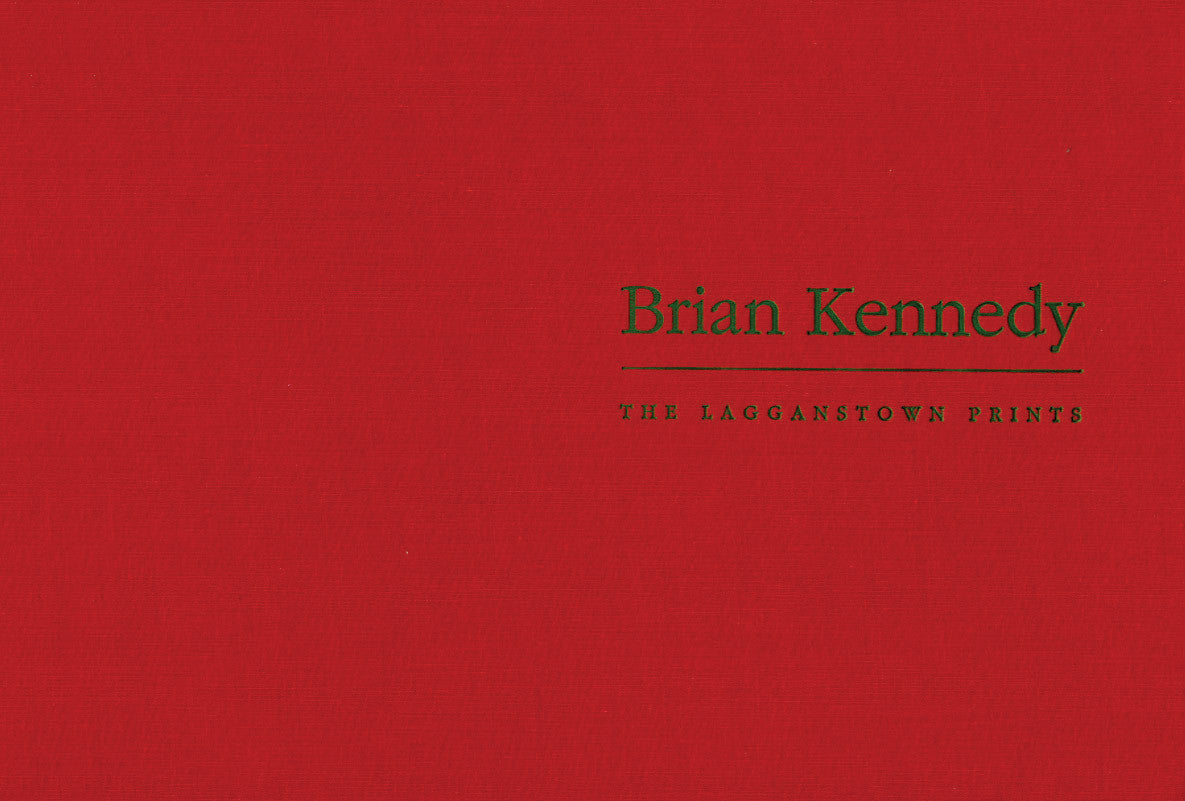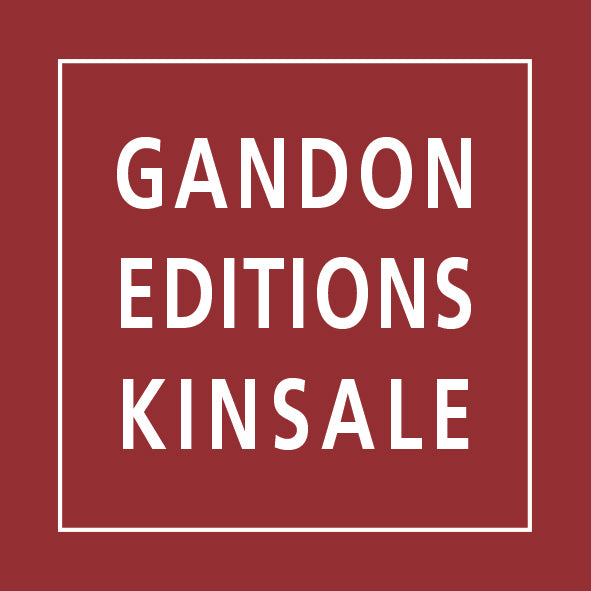Crawford Art Gallery
BRIAN KENNEDY — The Lagganstown Prints
BRIAN KENNEDY — The Lagganstown Prints
Couldn't load pickup availability
Share
essay by Peter Murray
ISBN 978 0946641 734 32 pages (hardback) 21x31cm 13 illus
Access to the Lagganstown printing press in Co Tipperary resulted in a significant enlargement in the scale of Brian Kennedy’s prints, and here they are reproduced in all their glory. This acclaimed body of work from one of Ireland’s most respected artists is explored in an informative essay by Peter Murray.
_____
EXTRACTS
"The unique nature of Brian Kennedy’s monoprints owes much to his sensitive use of colour. Compressed by heavy weights, layers of ink are absorbed into the sheets of paper, creating sonorous yet emphatic bands of colour. The subtlety of his colour is particularly effective because of the stark strength of the geometric relationships between the different panels. Curiously, our experience of colour in Brian’s work reminds one more of painters such as Rothko rather than any contemporary printmaker."
— from the introduction by Nuala Fenton
"Not having come from a classical printmaking background, Kennedy did not view the process as a means primarily of reproducing images, but rather as a way of presenting ideas, particularly ideas involving the passage of time. Processes were paramount as a way of developing these ideas. Typically, Kennedy would set up acid-etching cabinets and photograph the plates each day for a month, or allow steel to rust progressively and then print the rusted plate onto paper. He was concerned as much with documenting the progressive etching of acid into metal over periods of time, as with the resulting prints on paper. Most of his work at this time was based on the Golden Section, or with other conceptually inspired methods of formal abstraction. He would build up large prints from smaller pieces of metal, sometimes printing on folded paper, moving the image across, the ink being gradually drained away..."
— from the essay by Peter Murray


